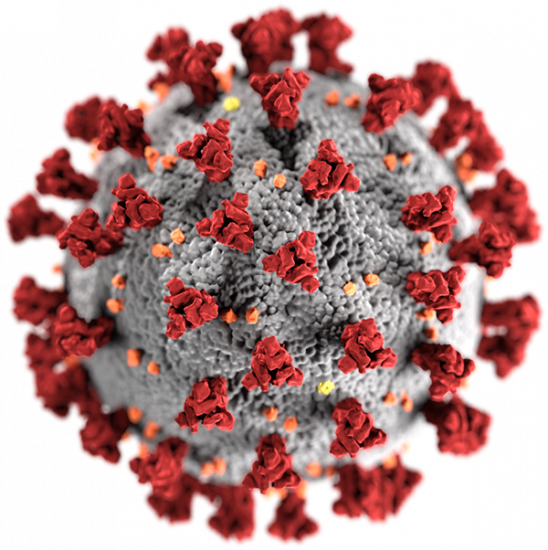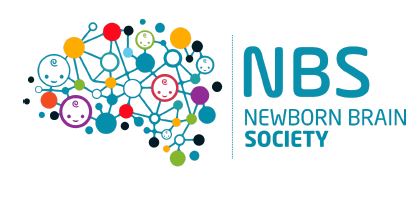 This page collects key resources on COVID-19 from across the scientific literature and other learning resources. All articles and resources are freely available.
This page collects key resources on COVID-19 from across the scientific literature and other learning resources. All articles and resources are freely available.
- Details
- ICNA
- News
- Hits: 4003
Newly Launched Newborn Brain Society Now Accepting Memberships
Boston, Mass. -- A collective of the world’s leading newborn brain care providers have come together and launched the Newborn Brain Society (NBS). This new organization is focused on advancing newborn brain care through international multidisciplinary collaboration, education, and innovation.
With founding leadership representation from prestigious programs such as Yale, Duke, Harvard, and UCSF, international representation from Canada, Brazil, and Ireland, and parent collaboration through the Hope for HIE Foundation, the goal is to bring together the resources of many programs to move the field forward in previously unattainable ways.
“We started this idea originally through an existing group that was started in 2015 through the Neonatal Neuro Critical Care Special Interest Group (NNCC-SIG). We wanted to facilitate multidisciplinary, international collaboration between clinicians, parents, scientists, and others with a focus on newborn brain care; and no other society or organization currently exists in this structure and philosophy,” stated Mohamed El-Dib, MD, founding member and President of the organization.
NBS has plans to sponsor, host and participate in educational events that will expand the field of neonatal neurocritical and neuroprotective care, and develop consensus publications including best practice guidelines and expert opinions in the field of newborn brain care.
“We are also looking to provide a platform for members to exchange clinical practice guidelines and parent resources related to newborn brain care, and to support multicenter collaborative activities, quality improvement and research projects related to the field of neonatal neurology and brain development,'' stated Donna Ferriero, MD, MS, chair of the NBS Steering Committee.
Membership is now open for interested clinicians, researchers, trainees, parents and other community members.
To learn more, visit Newbornbrainsociety.org
- Details
- Shesy Rawther
- News
- Hits: 2601
In a paper published in Neurology, researchers from the University of Pennsylvania Perelman School of Medicine and Children’s Hospital of Philadelphia provide an overview of pediatric sleep medicine for the child neurology trainee seeking subspecialty fellowship opportunities.The authors emphasize the need for more child neurology trainees to enter a sleep medicine fellowship in an effort to improve the outcomes of children with neurologic disorders that may be linked to sleep disruption.
- Details
- ICNA
- News
- Hits: 2749
Read more: Subspecialty training in Sleep Medicine for Child Neurology residents

In a recently published article in Neurology, Krista Vandenborne and colleagues suggest that several magnetic resonance (MR) biomarkers from the lower extremities, including biomarkers from the proximal muscles, may be predictive of future ambulatory function in patients with Duchenne muscular dystrophy. These predictive biomarkers include the vastus lateralis fat fraction, soleus fat fraction, vastus lateralis T2 MR imaging (MRI), and biceps femoris long head T2 MRI.
- Details
- ICNA
- News
- Hits: 4668

NeuroPace today announced it has received FDA approval for MRI labeling for its RNS System, a closed-loop brain-responsive neurostimulation system designed to prevent seizures in adults refractory to antiseizure medications. The approval applies specifically to the RNS-320 model of the RNS neurostimulator.
- Details
- ICNA
- News
- Hits: 2661
Read more: NeuroPace RNS System for Epilepsy Gets FDA Approval for MRI Labeling
- European Stroke Organisation and World Stroke Organization Conference
- Invitation to Participate- Moyamoya angiopathy (MMA) – Practitioner Survey
- Early escalation of treatment reduces cognitive impairment and prevents decline in Childhood MS
- Reorganisation of Connectivity of the Brain following hemispherectomy- first study looking at resting-state functional networks
